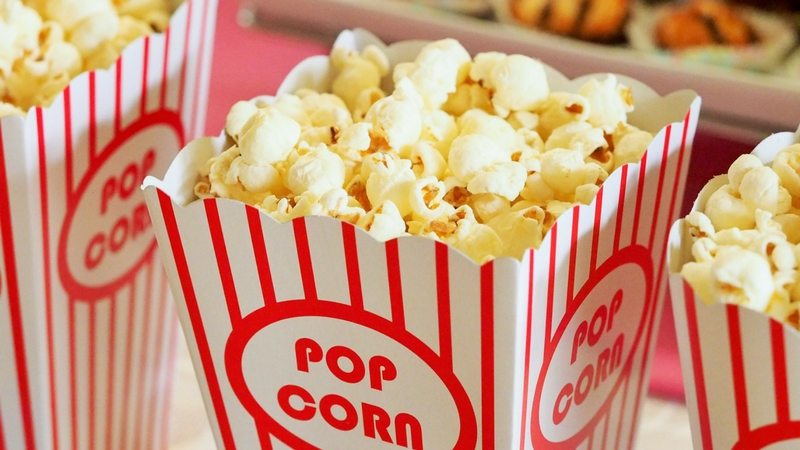What Causes Us to Be Mindless?
Episode #2 of the course Mindful eating by Sanchia Parker
Yesterday, we learned if we were mindful or mindless eaters. Today, we will examine why we are mindless.
Stale Popcorn
Do you think you would eat a box of stale popcorn? The “Stale Popcorn” experiment asked two groups of people to watch a movie after lunch. Half the group were given a medium bucket of popcorn, and the other half were given a large bucket of popcorn. The popcorn had been made three days earlier, so it was stale. Despite this, after the leftover popcorn was weighed, it was found that those with a larger bucket ate 53% more popcorn than those with the medium bucket.
This experiment tells us several things about mindless eating:
1. We mindlessly eat even when we are not hungry. Remember, this group had just finished lunch.
2. We mindlessly eat even with poor food quality. These people ate stale popcorn!
3. We eat more when we are distracted. Being in a dark cinema, unable see how much you are eating, is a perfect example.
4. We eat more from a larger vessel. A big plate or bowl needs more food on it before it appears full. A smaller bowl or plate won’t require as much food before it appears full. Plus, it takes longer to notice how much we have eaten from a big vessel, as we need to get through more food before we see a difference.
Attitudes to Eating: Chicago vs. Paris
Back at the start of the course, I asked you: “How do you know when you are through eating dinner?”
• I am through eating dinner when I have finished all the food on my plate.
• I am through eating dinner when I am satisfied with how much I have eaten.
• I am through eating dinner when I have to loosen my pants.
The Cornell Food Lab ran a study asking this question to Chicagoans and Parisians. The Chicago participants replied they were through when they had cleaned their plate, when everyone else at the table was finished, or when the TV show they were watching was over.
The Parisians replied that they were through when they were no longer hungry or when the food no longer tasted good to them.
Can you see the difference in their responses? The Parisians used their internal body cues to guide them when eating, whereas the Chicago participants relied on external factors to tell them when to stop eating. The Americans were more influenced by their environment than whether they were actually still hungry.
So, Why Are We Mindless?
Here are a few common reasons why people consume food mindlessly:
Finish your dinner! Children are naturals at listening to their internal body cues. They stop eating when they are not hungry. But were you told as a child to finish everything on your plate at dinner? If so, over time, this habit would override your natural instinct to finish eating when you stopped being hungry. Instead, you just continue to eat until the plate is empty. Many of us have lost the ability to tell if we are actually hungry or full because of this!
Rewards. Were you rewarded with food or treats as a child? The link between being “good” and getting to eat cakes, chocolate, and so on can affect the way we think about food as adults. If you treat yourself with food when you feel upset, sad, or stressed, you will understand this.
Our fast-paced life. Being constantly connected and distracted with mobile phones, computers, TV, and so on affects how we eat. Eating a meal while playing on your phone, driving, or watching TV diverts attention from the food on the plate and what’s going on in our body. We don’t listen to those internal body cues, instead just eating until we finish with the TV show, lunch break is over, or the food runs out. When we don’t tune into our internal hungry/full cues, we end up eating more.
So, consider how you’ve come to be mindless. During your childhood, when food was associated with your behavior? When you started a busy job and ate lunch at your desk?
Understanding when the mindless habits developed will help you unravel the link between your eating habits and external behaviors.
Tomorrow: We will learn skills and techniques to help you become mindful when eating. In the next lesson, we’ll talk about hunger. Stay tuned!
Recommended book
Mindless Eating: Why We Eat More Than We Think by Brian Wansink
Share with friends

